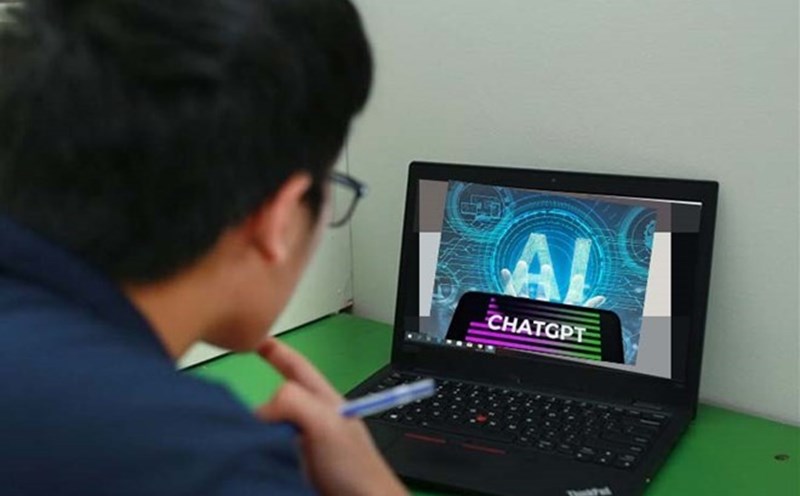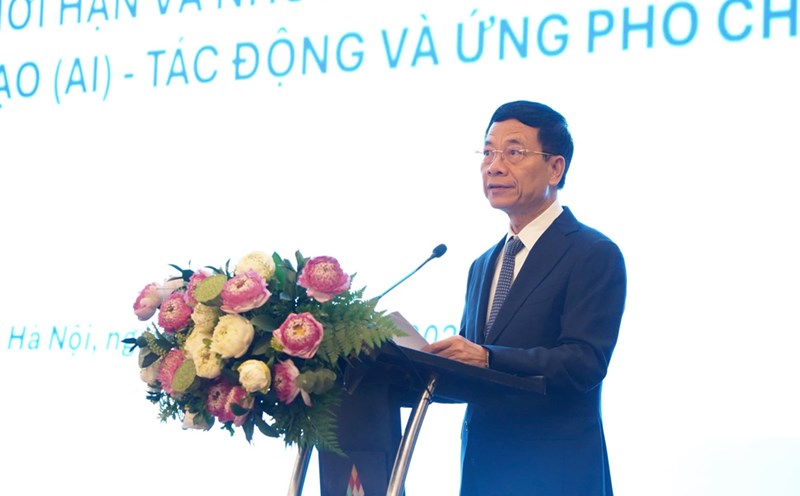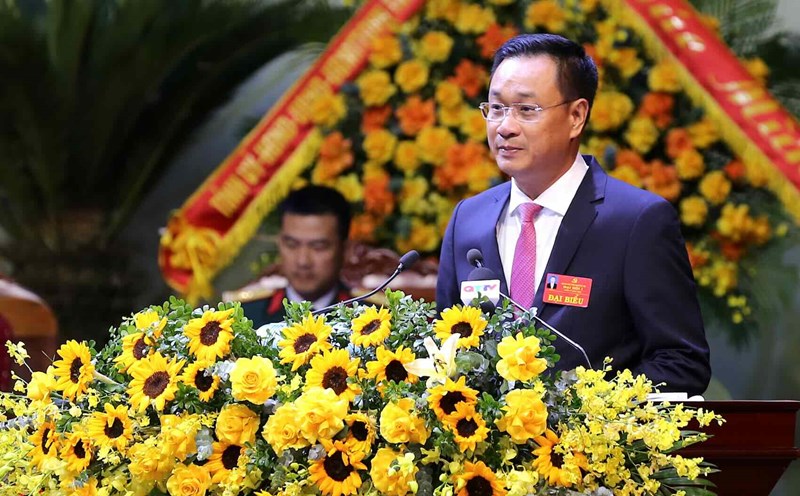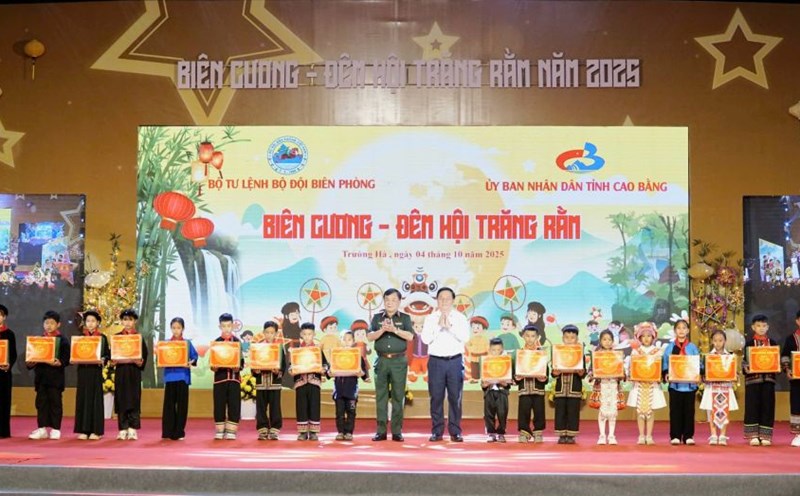The image of Ms. Kim Jeong-ran, 81 years old, sitting on a small bed in Guro, Seoul, longing to squeeze the Hyodol doll in her hand, seems to evoke a vivid cut of the new life of many Korean elderly people. She calls Hyodol her favorite niece and chats with her in an affectionate voice, while the robot dolls cheeks turn bright red and neon as if responding in a thank-you way. In a sun-done room, next to photos of her family changing color over time and bottles of medicine accumulated over many years of hard work, Hyodol became her closest confidant friend.
Developed by a Korean startup, Hyodol is not just a technological item. It is the crystallization of ChatGPT-based artificial intelligence, both chatting and reminding the elderly to take medicine, eat, and monitoring health status and emergency warnings for social workers. In a rapidly aging society, where many elderly people live alone, alone and face the risk of depression, Hyodol has emerged as a new solution - an artificial friend that brings human warmth.
From the story of Ms. Kim Jeong-ran shared by Rest of World, it can be seen that AI robots are not only health care devices but also entities that bring spiritual companionship.
And South Korea, with its aging population and the highest suicide rate among the elderly in the 38 countries of the Organization for Economic Cooperation and Development (OECD), is becoming a place to widely test this model.
Overcoming difficulties with the elderly
South Korea is facing a worrying reality: rapid population aging and the traditional multi-generational family model fading. That makes many elderly people live alone in loneliness, facing depression, dementia and a series of chronic diseases. The group's suicide rate has risen to the highest among OECD countries. Their biggest fear is not death but loneliness that continues in their final years, according to Rest of the World. It is in this context that Hyodol was born as a solution that is widely accepted.
Hyodol has been implemented by the Guro District government (Seoul, South Korea) since 2019. To date, 412 Hyodol robots have been distributed to the elderly in the area and more than 12,000 children nationwide. With the ability to chat, remind, remind and monitor health in real time, Hyodol becomes the "eyes and ears" of social workers, helping them promptly detect and respond to emergency situations. Thanks to that, many cases were saved, such as when an old man confided I want to die to Hyodol and was immediately taken to the doctor by the care team.
However, using robots to care for the elderly is not without its difficulties. Some social workers said the workload increased due to having to maintain and supervise robots, teach the elderly how to use them and handle incidents. In addition, robots sometimes respond using unnatural, confusing local voices or weak voices of the elderly, causing misunderstandings. The issue of personal data security is also controversial when robots collect and analyze users' voices. Although the company is committed to storing anonymous data and not selling it to third parties, many experts still question the safety and transparency.
However, Hyodol still brings great spiritual comfort to the elderly. Many people consider robots as their own nephews, taking care of them, cooking fake food, and even asking to be buried with Hyodol. In small apartments in Seoul, this robot doll is becoming a new ling, contributing to filling the loneliness of the elderly in a rapidly changing society.
New trend of elderly care
Hyodol's success is not limited to Korea. From Japan, the US to Singapore, robots caring for the elderly are becoming a phenomenon. In Japan, the robot Paro crab evokes a sense of closeness when it comes into the hearts of the elderly, makes a scream and waves its tail like real. In New York (USA), the ElliQ robot is like a tabletop that knows how to talk and discuss the meaning of life for lonely people. In Singapore, robot Dexie is shaped like a human Leading Bingo parties at nursing homes. These examples show that the application of artificial intelligence in elderly care is becoming a global trend, reflecting efforts to find solutions to the problem of population aging and the increasing cost of health care.
Hyodol is currently preparing for an international debut. After a trial program at a nursing home in New York in 2023, the company hopes to bring the robot to the US by 2026. Chatbot Hyodol is also being adjusted to speak English, Chinese, Japanese and changing the shape of the doll to suit the culture of each country. This shows that demand for elderly caring robots will continue to increase, with the market forecast to reach 7.7 billion USD by 2030.
This trend opens up many prospects but also poses many challenges. On the positive side, AI robots can support a seriously lacking social worker, providing continuous care for the elderly, and helping families feel more secure when having remote monitoring devices. However, as the elderly become more and more attached to robots, the risk of social isolation also increases. There are cases where people with dementia believe that robots are real, leading to dangerous actions such as the old lady carrying Hyodol to the bank of a stream after hearing the robot say they want to hear the sound of water flowing. Such situations force manufacturers to continuously adjust chatbot content to avoid risks.
However, from a broader perspective, AI robots are not only a care tool but also a point of connection between humans and humans. Social workers in Guro call this a multi-layered care network when robots play a central role, conveying information, creating opportunities for social workers, families and the community to participate in caring for the elderly. Even activities such as Hyodol fashion shows or robot birthdays organized by the welfare center have turned artificial puppets into catalysts for humanity, arousing the joy of living in lonely, despaired areas.
The appearance of AI robots in the lives of the elderly reflects a turning point in the application of technology to solve human problems. From small rooms in Seoul to nursing homes around the world, artificial friends are opening a new perspective, where technology is no longer strange but becomes a part of human spiritual life.











